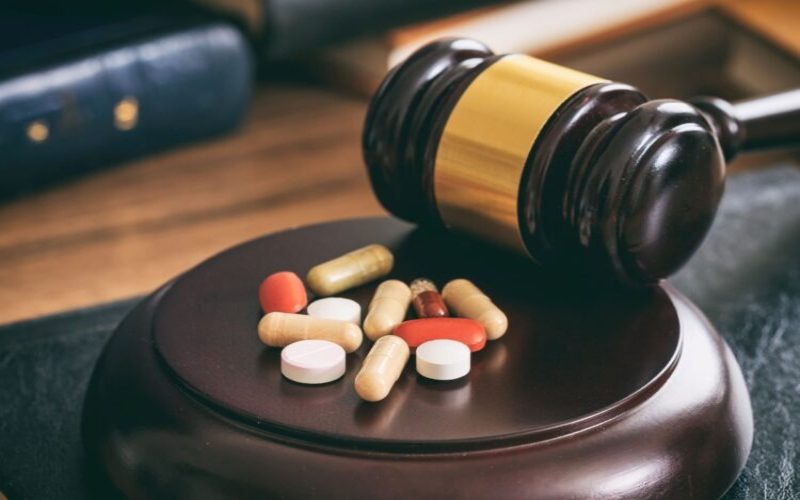Georgia, like other states, has specific laws regulating the use, possession, and distribution of drugs. Residents and visitors must know which substances are legal and which are illegal to avoid legal issues and comply with the law.
So, what drugs are legal in Georgia? Certain substances are allowed under specific conditions—typically for medical use and only with a valid prescription. These include common medications like antibiotics, prescription painkillers, and over-the-counter drugs such as paracetamol. Regulated substances like tobacco products, vapes, and alcohol are legal for adult use.
The state has banned illegal drugs such as cannabis, cocaine, heroin, and psychedelic mushrooms, and if you are caught possessing, using, or selling any of these, you will face criminal penalties.
Let’s look at regulations about prescription drugs in Georgia.
Overview of Drug Classification in Georgia
The highest level of drug classification under Georgia law must be well understood because it directly impacts the penalties you can receive if you are caught using, selling, or possessing them. Drugs are placed in schedules based on their potential for abuse and their acceptable medical uses, according to Georgia law.
Heroin and LSD, classified as Schedule I drugs, possess extremely high potential for abuse with little to minimum accepted medical use. Under Schedule II, drugs like OxyContin or methamphetamine have accepted medical uses but have high potential for abuse.
Subsequent schedules, on the other hand, make some reductions in the meanings for abuse. Determining the category of a certain drug enables one to interpret the legal consequences of its possession or distribution.
Legal Prescription Medications
Legal prescription medications play a significant role in the management of multiple medical conditions in Georgia. When a person goes to the doctor, the doctor will sometimes order medications to address problems like pain, stress, etc.
Medication mostly consists of antibiotics, antidepressants, and analgesics. It’s important to follow your doctor’s advice and only take the prescribed drugs for yourself. Abuse of medicines could lead to grave issues about health and the law.
Recreational Drugs: What’s Allowed and What’s Not
What lies behind the real story of recreational drugs in Georgia? Georgia has a clear recreational drug policy. Despite efforts to legalize it, recreational cannabis usage is still unlawful and punishable. Alcohol and tobacco, which individuals 21 and older can use, have no limitations, save for some counties’ public use houses.
There are strict prohibitions against substances like cocaine and heroin, which could result in harsh punishment. The rules are constantly changing, and it is essential to monitor drug laws to stay up to date to avoid potential consequences.
Penalties for Drug Possession and Distribution
To deal with Georgia’s drug laws effectively, it’s important to know the penalties that drug possession and distribution can carry. In Georgia, a lot will depend on the kind and amount of drug involved while punishments are in existence.
For example, being found with less than an ounce of marijuana will, in some cases, result in a jail term for up to a year and a fine. But if a large amount of a hard drug is seized, the charges will be more serious, and the jail term will be one to fifteen years.
Distribution by any means is more serious than trading, and if the material is serious, the penalty and sentence might land you in jail for years.
The Impact of Federal Law on Georgia Drug Regulations
Federal rules affect state and national drug laws and enforcement and punishments. The federal definition of schedules distinguishes drug legality and abuse potential. Georgia approaches drug offenses based on this classification.
Federal rules prioritize specific narcotics; thus, Georgia punishes possession or distribution of such drugs. In circumstances where state charges or Georgia statutes severely contravene federal law, federal law would prevail, hindering local enforcement.
Remember, being charged with any drug-related crime can change your life in many ways. Always make the right decision and avoid selling, possessing, or distributing dangerous drugs.



